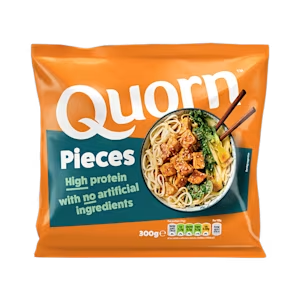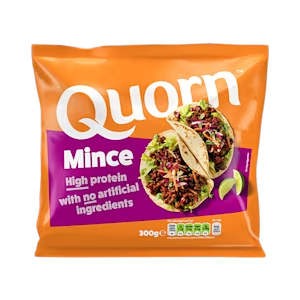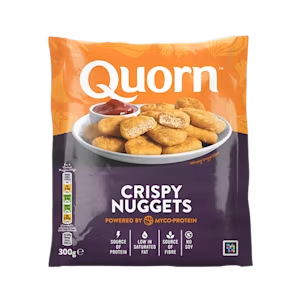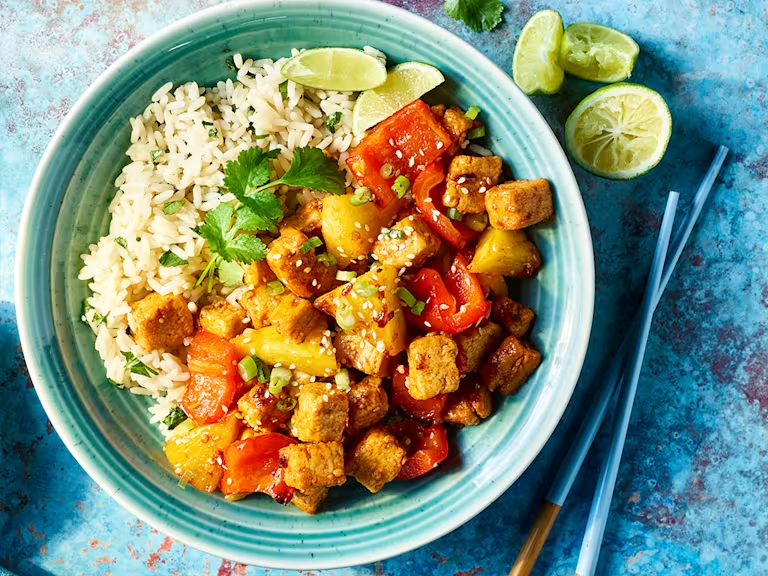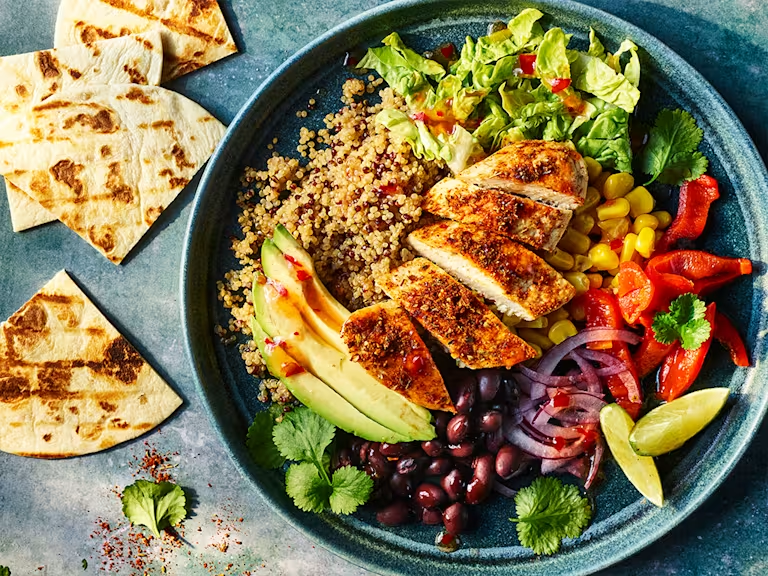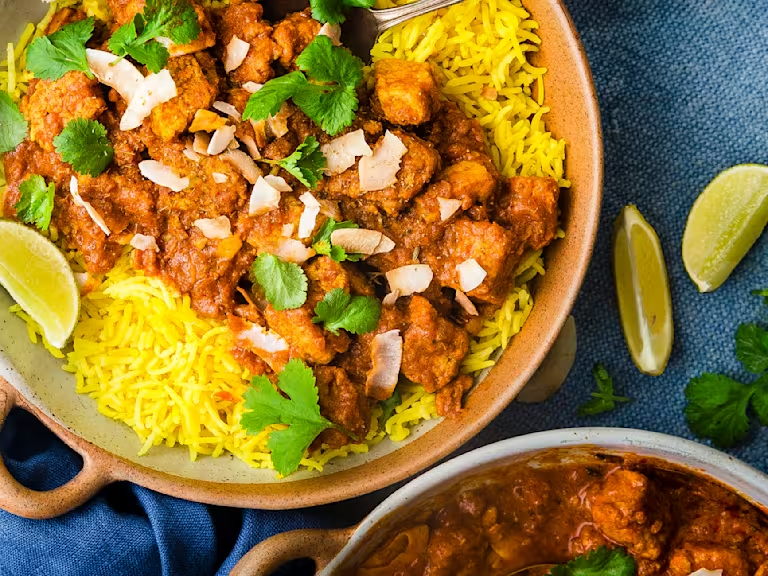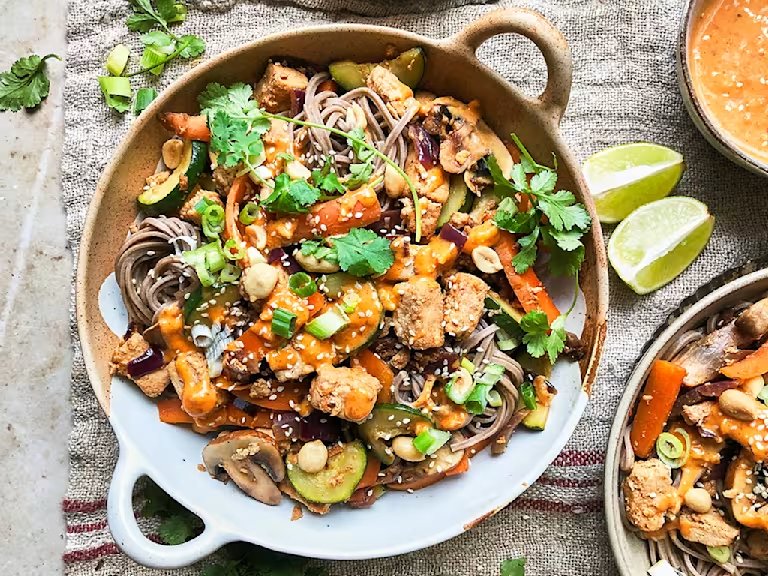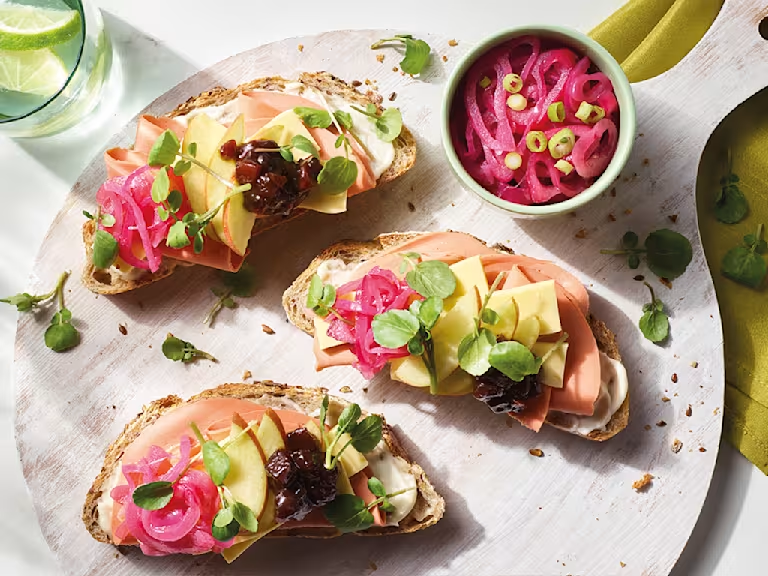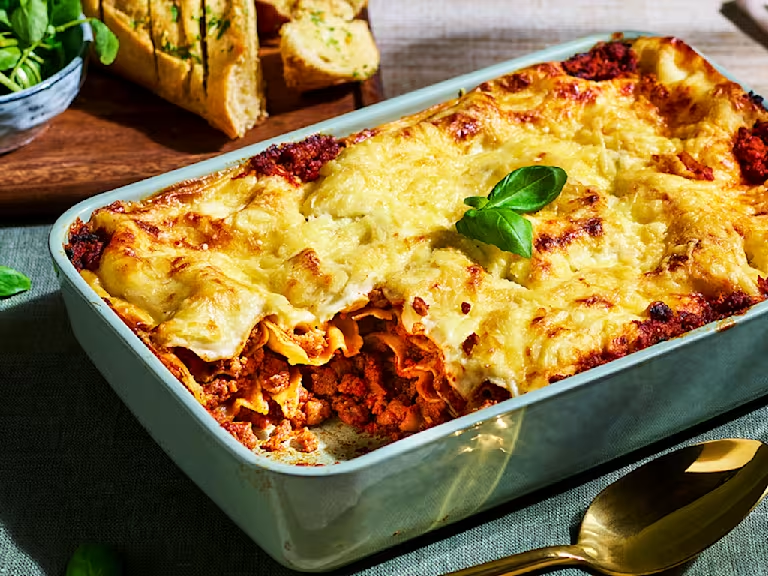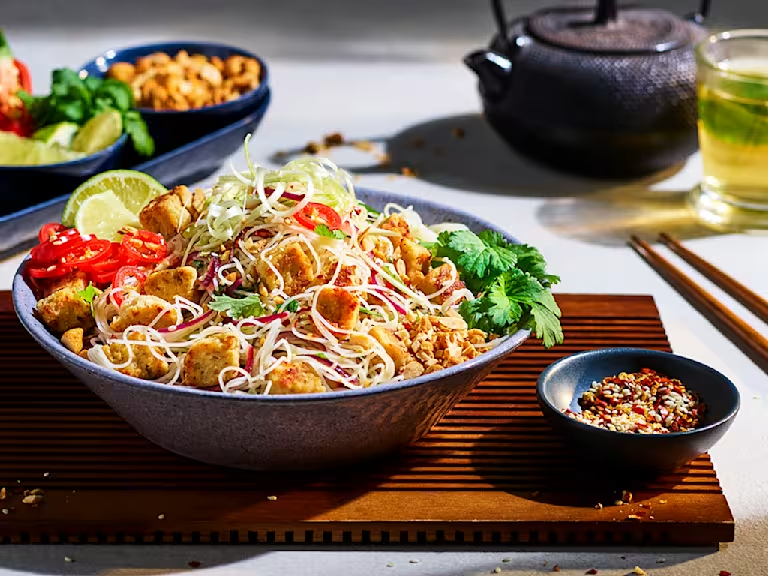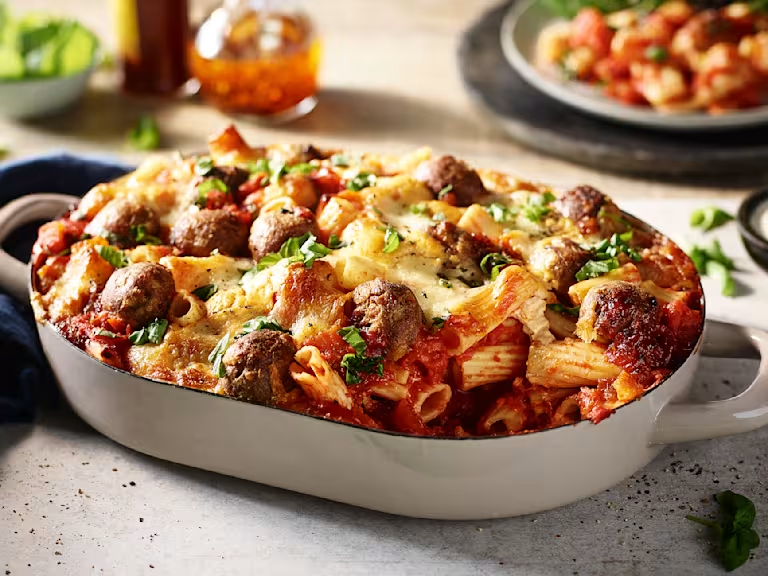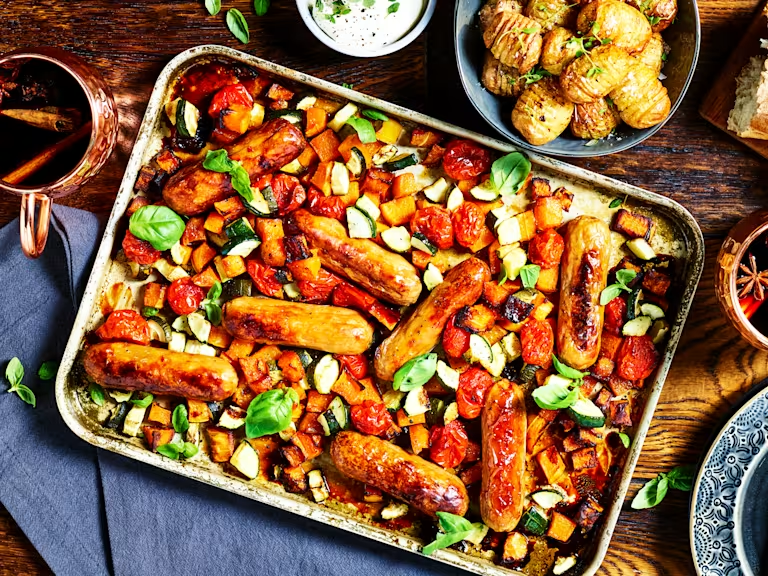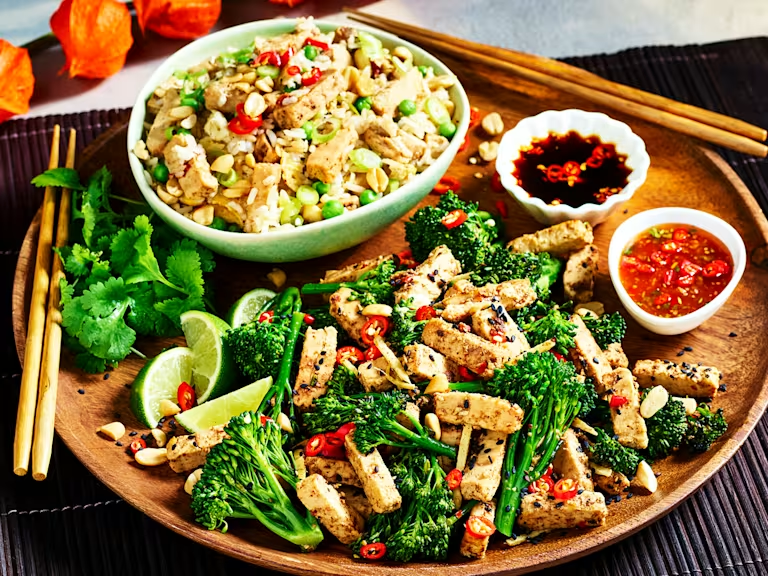
It's for the good of everyone

A healthy & sustainable way to enjoy great tasting food

Health
Health is at the heart of what we do. That’s why all our products contain Quorn mycoprotein, a naturally occurring super protein that’s good for you and the planet.

Sustainability
Delicious food shouldn’t cost the earth. That’s why all our products are powered by Quorn mycoprotein. A super-protein that makes great tasting meals.
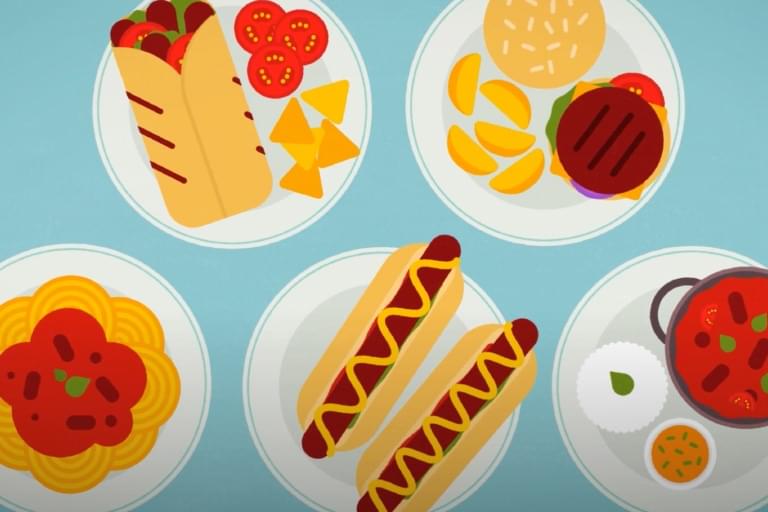
Our vision
After some food for thought? Watch our video to learn more about how Quorn is made. All our products are powered by Quorn mycoprotein. A super protein, that’s healthy for you and the planet. Find out moreProducts
It's easier to help the planet when it tastes great too. See for yourself with our delicious range and make a change to your plate today.
See all productsRecipe Inspiration
Cook up a storm with our tasty recipes. They’re delicious and are kind to the planet’s resources too. Win Win. See all recipes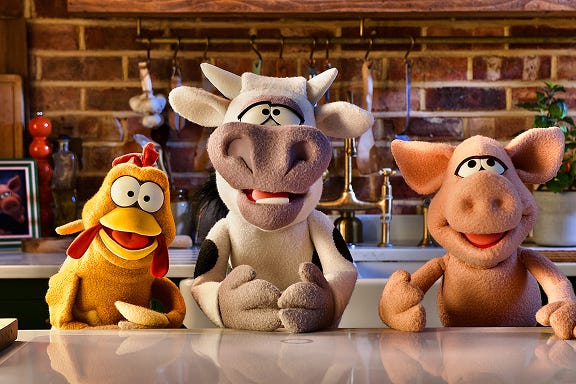
Watch our brand NEW TV Ad
Mmmmm… we’re all about satisfyingly, succulent mealtimes… just like our friends pig, cow and chicken.Watch as our stars of the show playfully share their deliciously mouthwatering dishes made with Quorn Mince and Pieces. Now with no artificial ingredients, our friends are here to show you that we’re all about the taste & succulence and we’ve absolutely nothing to hide.
Take a peek at our NEW TV ad here - lipsmacking goodness guaranteed! Find out more
Did you know?
90%
Quorn Spaghetti Bolognese has 90% less saturated fat than a beef version†[1]
3 years
You save GHG emissions equivalent to charging your phone for over 3 years by swapping beef mince for Quorn Mince in just one meal†[2][3]
12x lower
The water footprint of Quorn Mince is 12X lower than that of beef Mince†[2]
Data sources: † Global average, 1. McCance and Widdowson (2019), 2. Quorn Footprint Comparison Report (the Carbon Trust, 2023), 3. Forbes (2013)
FAQs
See all FAQsAre Quorn products healthy?
We do not claim to have the definitive answer to what is healthy but we focus on providing people with a wide range of food choices that suit how they live, how they prepare food and how they approach health.
Quorn mycoprotein, an ingredient in all Quorn products, is a nutritious protein that can form part of a healthy, balanced and varied diet. It is high in protein, high in fibre, low in saturated fat and contains no cholesterol. This high-quality protein contains all nine essential amino acids which are not produced in the body and must be obtained through the food we eat. Quorn mycoprotein contains a variety of vitamins and minerals, it is a source of riboflavin and is high in choline, folate, manganese, phosphorus and zinc.
According to the UK’s Nutrient Profiling Model (Food Standards Agency, 2004/5), 90% of Quorn’s global portfolio is considered non-HFSS or healthier choices. HFSS foods are high in fat, salt, and saturated fat. Find out more on the UK Government website.
What is Quorn mycoprotein?
Quorn mycoprotein is used as an ingredient in all Quorn products. It is made from a natural, nutritious fungus, and is high in protein, high in fibre, low in saturated fat and contains no cholesterol. Quorn mycoprotein requires 90% less land, water and carbon emissions than animal protein – making it a more sustainable choice. Learn more about mycoprotein.
Is Quorn safe?
Absolutely.
Quorn first went on sale in UK in 1985, and has since served over 7 billion meals across 20 different countries. Quorn has been approved for sale by some of the world’s leading health agencies, including the US Food & Drug Administration (FDA), Health Canada (HC), European Food Safety Authority (EFSA), UK Food Standards Agency (FSA) and Food Safety Australia New Zealand (FSANZ).
So it’s not just us, but also the world’s leading food regulators who are confident that Quorn is safe. The only suggestion that it isn’t has come from an American website called Centre for Science in the Public Interest (CSPI). We find it puzzling that CSPI – a purported food safety organization – would be opposed to a range of safe products that bring better choice and variety to those looking to reduce the amount of meat in their diet. And it’s particularly strange given the multitude of other foods on the market today that have proven high allergenic properties where CSPI’s voice is all but silent.
Consider soy; according to Food Allergy Research & Education (FARE), soy is “one of the more common food allergies, especially among babies and children.” CSPI has not sounded the alarms and called for the removal of soy products from store shelves, as it has with Quorn. This is interesting, given CSPI’s collaboration with the American Soybean Association (ASA), allegedly dating back to 1991, and their rather flattering coverage of the ingredient in recent years. In 2014, CSPI’s founder, Michael Jacobson, was a featured speaker at an event sponsored by the ASA. CSPI also published a favourable report on soy later that same year. We think the public is right to wonder whether the motives behind CSPI’s long-standing campaign to disparage Quorn have been pure in nature.
Find out more about Michael Jacobson and the Center for Science in the Public Interest (CSPI).
For Further information on Quorn ingredients and allergens, please visit our dedicated page.
Does Quorn have a vegan range?
Discover our full selection of vegan Quorn products. All our vegan products are accredited by the Vegan Society and you'll see their logo on pack.
Are Quorn products gluten free?
Explore our full range of gluten-free Quorn products. You can also check out our recipes for gluten-free meal inspiration.
How do I cook Quorn?
Recommended cooking instructions for all Quorn products can be found on the reverse of each pack and on the product page. For best results, we'd recommend that you follow these tried and tested instructions. If you choose to cook Quorn a different way then please make sure it is piping hot all the way through before enjoying. If you’re looking for some tasty meal inspiration then why not try one of our recipes.
Can you reheat Quorn?
Quorn is perfectly safe to reheat, so long as it has been kept nice and cool in the fridge and is eaten within 48 hours. Please ensure that the food is piping hot throughout before serving and remember, don’t reheat more than once.
